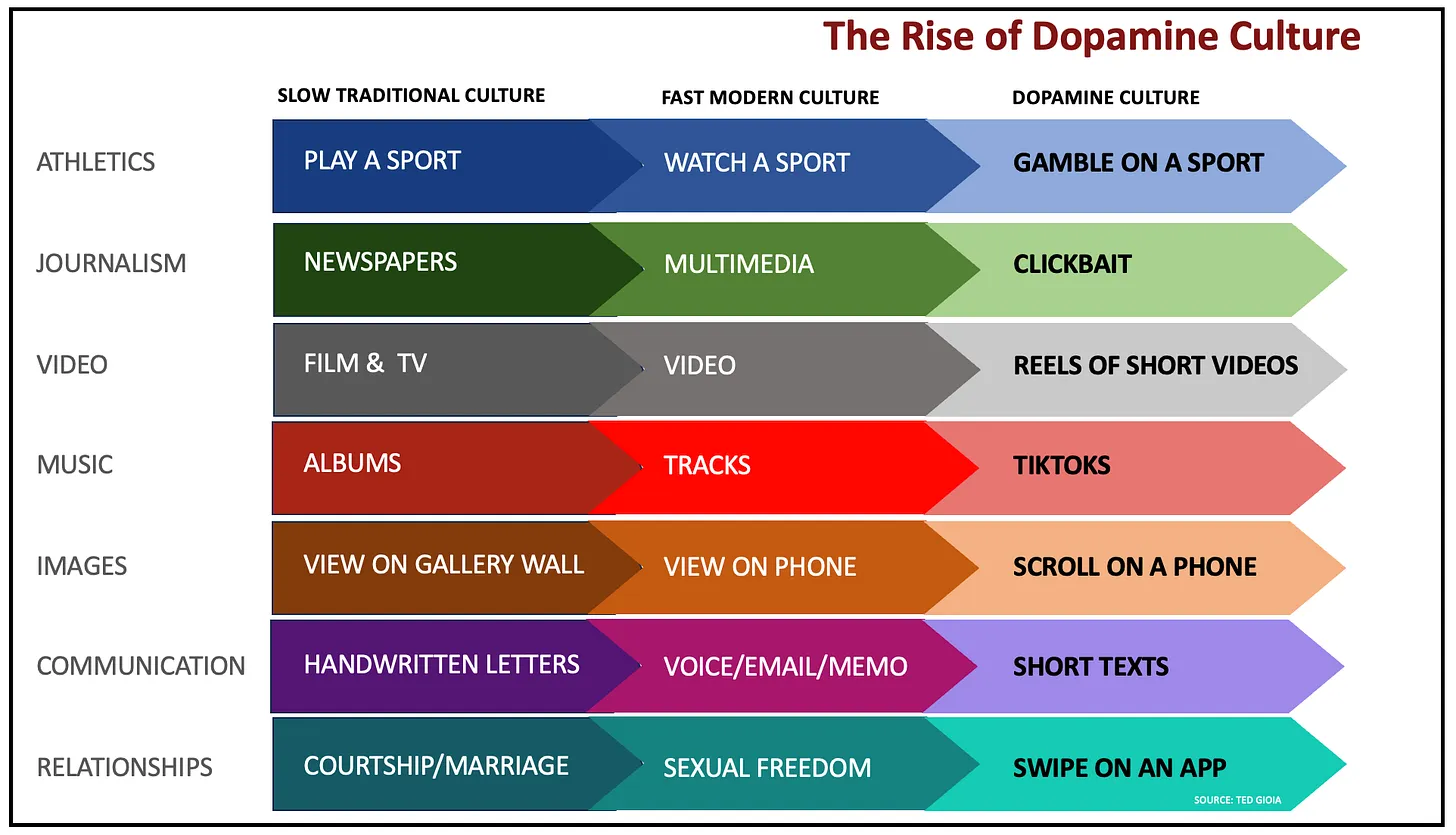reply to u/bestlunchtoday at https://www.reddit.com/r/Zettelkasten/comments/12gadut/benefits_of_sharing_permanent_notes/
I love the diversity of ideas here! So many different ways to do it all and perspectives on the pros/cons. It's all incredibly idiosyncratic, just like our notes.
I probably default to a far extreme of sharing the vast majority of my notes openly to the public (at least the ones taken digitally which account for probably 95%). You can find them here: https://hypothes.is/users/chrisaldrich.
Not many people notice or care, but I do know that a small handful follow and occasionally reply to them or email me questions. One or two people actually subscribe to them via RSS, and at least one has said that they know more about me, what I'm reading, what I'm interested in, and who I am by reading these over time. (I also personally follow a handful of people and tags there myself.) Some have remarked at how they appreciate watching my notes over time and then seeing the longer writing pieces they were integrated into. Some novice note takers have mentioned how much they appreciate being able to watch such a process of note taking turned into composition as examples which they might follow. Some just like a particular niche topic and follow it as a tag (so if you were interested in zettelkasten perhaps?) Why should I hide my conversation with the authors I read, or with my own zettelkasten unless it really needed to be private? Couldn't/shouldn't it all be part of "The Great Conversation"? The tougher part may be having means of appropriately focusing on and sharing this conversation without some of the ills and attention economy practices which plague the social space presently.
There are a few notes here on this post that talk about social media and how this plays a role in making them public or not. I suppose that if I were putting it all on a popular platform like Twitter or Instagram then the use of the notes would be or could be considered more performative. Since mine are on what I would call a very quiet pseudo-social network, but one specifically intended for note taking, they tend to be far less performative in nature and the majority of the focus is solely on what I want to make and use them for. I have the opportunity and ability to make some private and occasionally do so. Perhaps if the traffic and notice of them became more prominent I would change my habits, but generally it has been a net positive to have put my sensemaking out into the public, though I will admit that I have a lot of privilege to be able to do so.
Of course for those who just want my longer form stuff, there's a website/blog for that, though personally I think all the fun ideas at the bleeding edge are in my notes.
Since some (u/deafpolygon, u/Magnifico99, and u/thiefspy; cc: u/FastSascha, u/A_Dull_Significance) have mentioned social media, Instagram, and journalists, I'll share a relevant old note with an example, which is also simultaneously an example of the benefit of having public notes to be able to point at, which u/PantsMcFail2 also does here with one of Andy Matuschak's public notes:
[Prominent] Journalist John Dickerson indicates that he uses Instagram as a commonplace: https://www.instagram.com/jfdlibrary/ here he keeps a collection of photo "cards" with quotes from famous people rather than photos. He also keeps collections there of photos of notes from scraps of paper as well as photos of annotations he makes in books.
It's reasonably well known that Ronald Reagan shared some of his personal notes and collected quotations with his speechwriting staff while he was President. I would say that this and other similar examples of collaborative zettelkasten or collaborative note taking and their uses would blunt u/deafpolygon's argument that shared notes (online or otherwise) are either just (or only) a wiki. The forms are somewhat similar, but not all exactly the same. I suspect others could add to these examples.
And of course if you've been following along with all of my links, you'll have found yourself reading not only these words here, but also reading some of a directed conversation with entry points into my own personal zettelkasten, which you can also query as you like. I hope it has helped to increase the depth and level of the conversation, should you choose to enter into it. It's an open enough one that folks can pick and choose their own path through it as their interests dictate.
